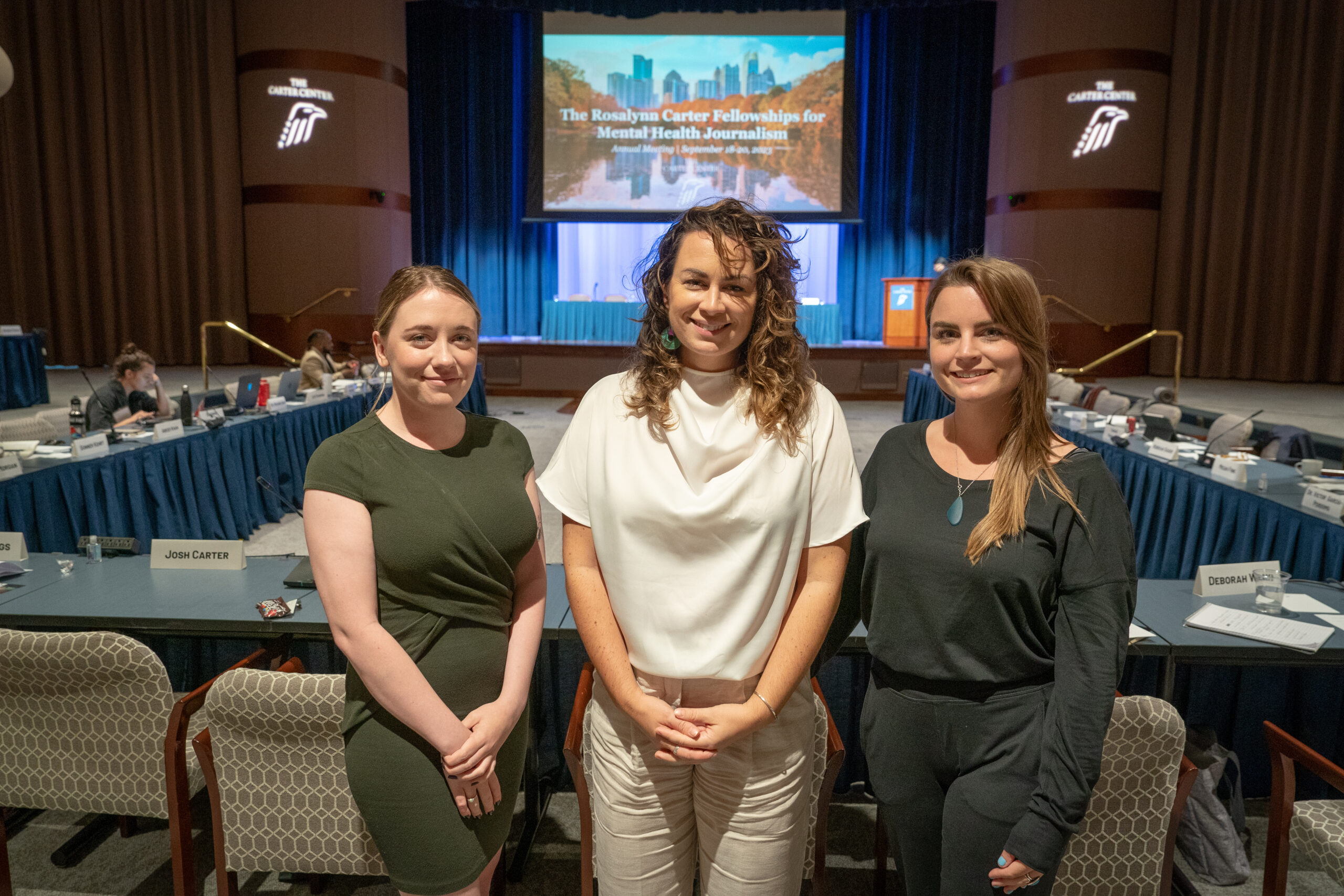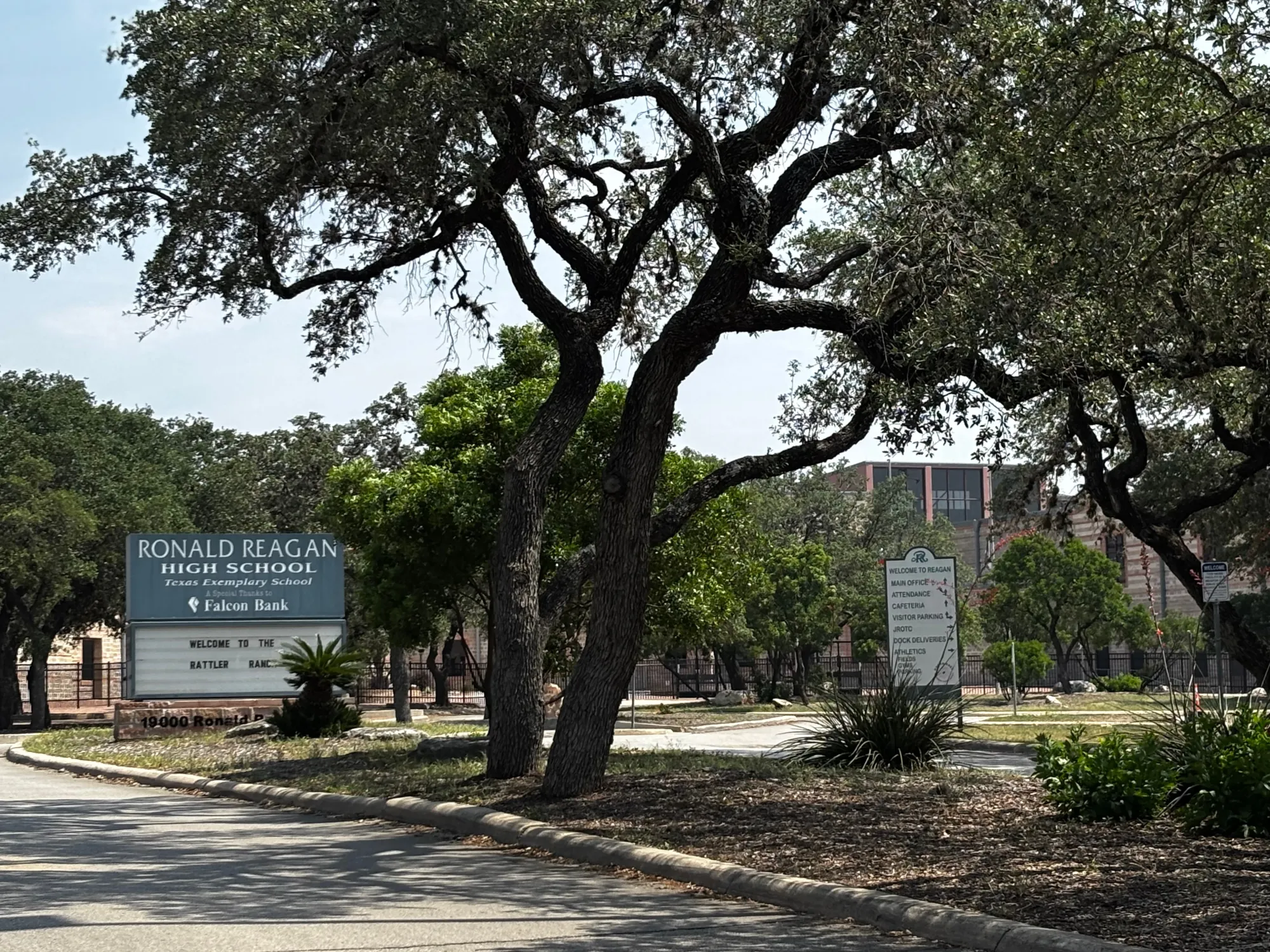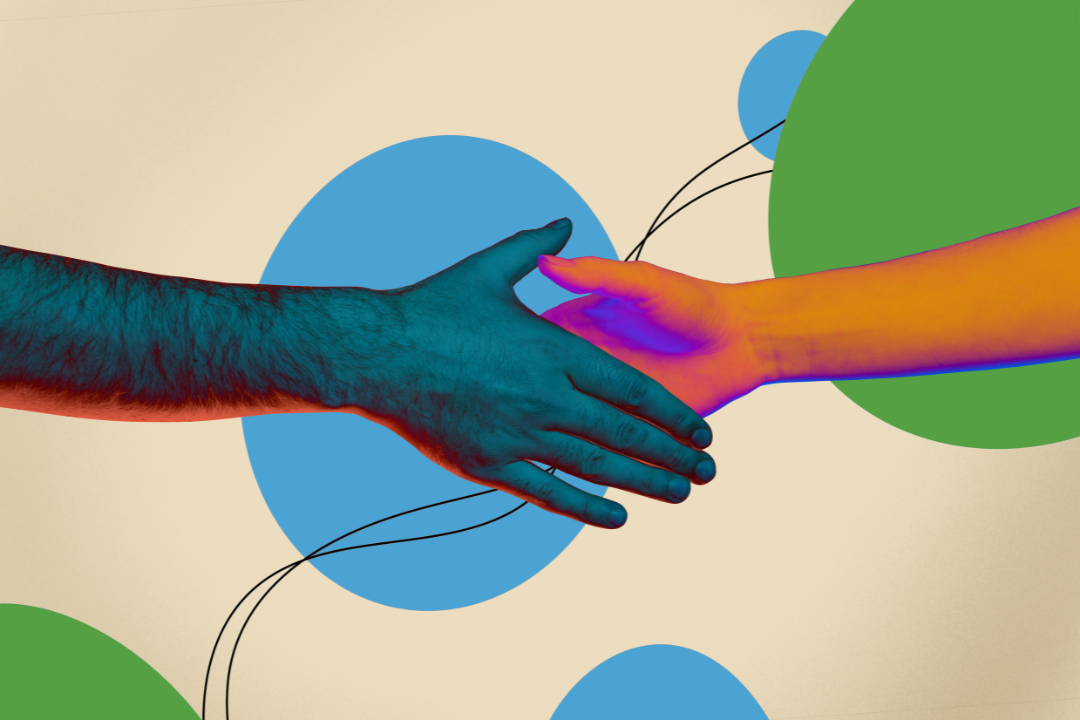News
Stay connected with the Rosalynn Carter Fellows.
The from the Carter Center
Carter Center, Lions Clubs International Foundation Renew Partnership to End Causes of Preventable Blindness
The Carter Center and Lions Clubs International Foundation announced a $2 million renewal of their partnership to end suffering from major causes of preventable blindness in Ethiopia, South Sudan, Venezuela, and Brazil.
Rosalynn Carter Institute for Caregivers to Merge with Carter Center Mental Health Program
The Rosalynn Carter Institute for Caregivers will merge with the Carter Center’s Mental Health Program. The merger, to be completed by June 2025, will connect two issues — mental health and caregiving.
Carter Center to Host 2nd Annual Mental Health Parity Day Feb. 19 at Georgia State Capitol
The Carter Center will host Mental Health Parity Day Feb. 19 at the Georgia State Capitol to discuss solutions to implementing the Georgia Mental Health Parity Act of 2022. The act requires insurers to cover mental health care and substance use disorders the same way they cover physical health care.











